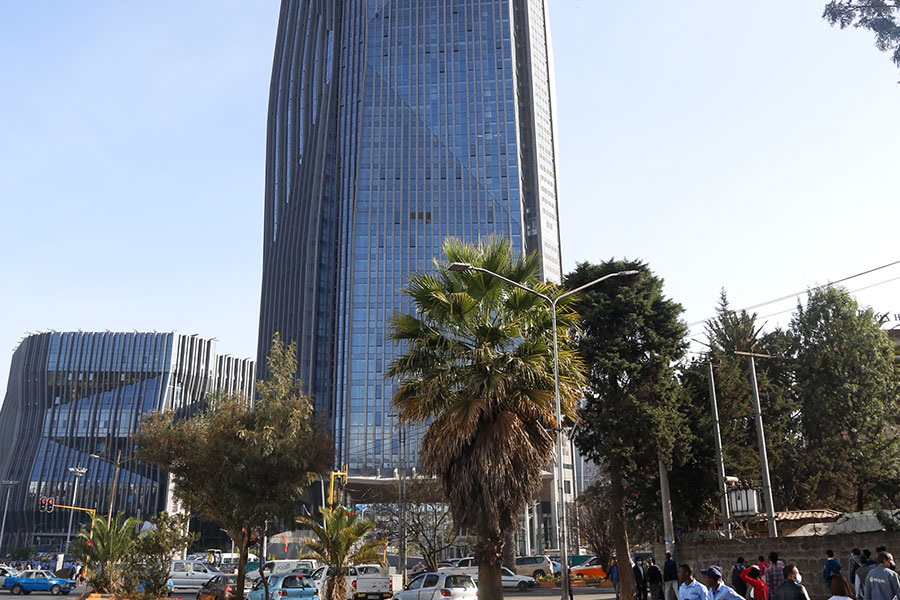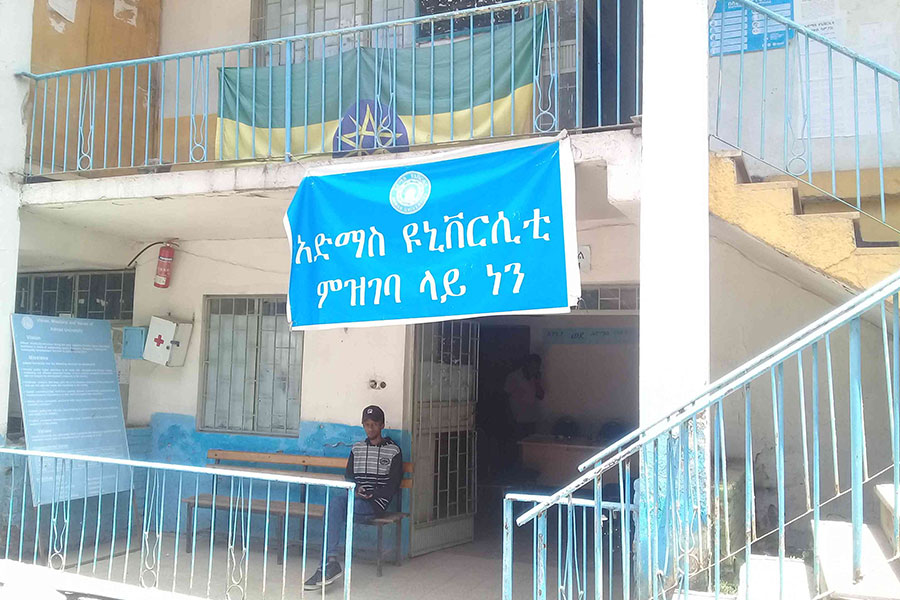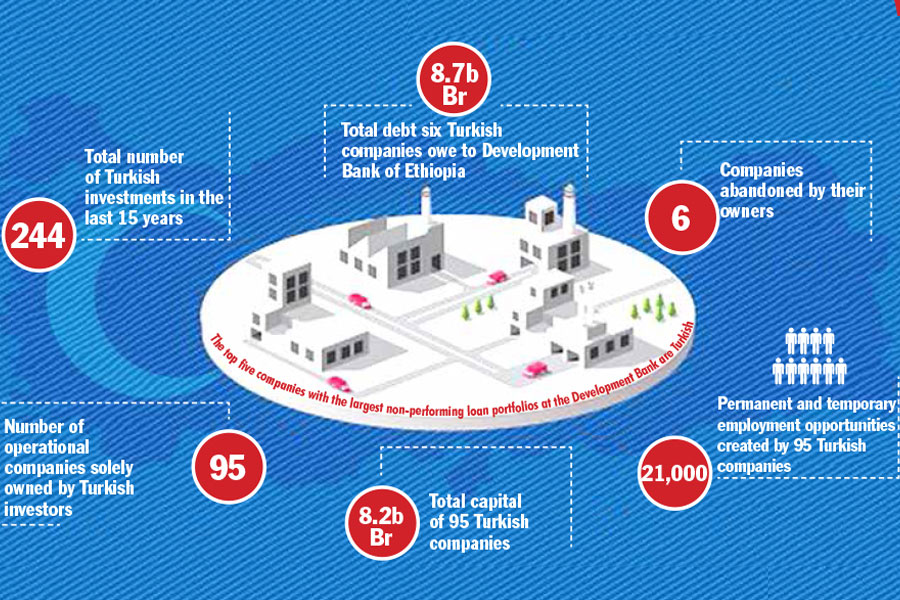
Jan 4 , 2020
By
It is with daily experiences on the streets that we are able to more accurately gauge the Ethiopian psyche. All the sociological and academic books that have been written about it barely touch upon the subject.
It was a Sunday night, and I was taking a walk with an Indian friend of mine around the Jackros area in the Bole district of Addis Abeba. As all Sunday’s are, it was a restful day, and we had unconsciously decided to stop and chat before we said our goodbyes.
Out of nowhere an elderly homeless person appeared and began begging for money. He had his eyes transfixed on my friend, who was actually an Indian who looked even more like an Ethiopian than South Asians normally do. His hair was cut very short, so I had imagined he would be harder to tell apart in a country where most men had a similar hairstyle and were dark-skinned. It was also nighttime.
The homeless man figured it out though, perhaps because we were speaking in English. He kept prodding him for money, although my friend insisted otherwise and gestured that he did not have change. The beggar was not asking money of me, but I felt like I needed to interject.
“Egizi’abiher Yistilegn,” I told him in Amharic, a phrase which closely translates to “may God give you.”
It is a polite way of saying “No” to a beggar on the streets. The second I uttered those words, the homeless man turned to me with an expression that sent shivers down my spine. He gave me a look that was so full of hatred and disgust, I quickly relented.
The homeless man did not say anything to me and neither did he lock me with his eyes for long. But he communicated a message, one that was contextual of poverty, class differences and the way we collectively looked at the world.
The homeless man was able to figure out that my friend was Indian but not that he was not rich. India is a developing country and my friend was no different financially than the middle-class found in abundance in Addis Abeba. It was not that hard to figure out that he is not one of those rich Indian investors but a man with humble means. He is a university teacher in the engineering department of a public university.
But the fact he spoke English in an obvious Indian accent made him a target for beggary. The fact that he is a non-national would add a level of sympathy we nationals have lost to many years of desensitisation to extreme poverty. The fact that he is not Ethiopian also makes it more likely that he will have a better standard of living and can afford to lose a Birr or two.
All of these are valid points. Under normal circumstances, the homeless man's chances of getting more, or any, money out of an Indian than an Ethiopian is higher. After all, he is trying to make a living and will inevitably take the path of least resistance to get there. He is like all of us.
What alarmed me more was the complete disregard for me. He could have asked both of us. He could have at least looked at me for any other reason than to give me that murderous look.
It is not that I felt jealousy. What made the episode memorable was its symbolic significance. This homeless man has lived in Ethiopia for so long that he had concluded there was not much currency in looking for help from a fellow Ethiopian.
Our sympathy to the downtrodden and the misshapen has long dried up. We do not look down anymore, because we are busy trying to climb the ladder. The poor thus instead believe they can get sympathy not just from rich non-nationals but non-nationals of any shape or form. They have given up on their fellow citizens.
And as much as I resent the idea of begging as a way of making a living, I cannot help but identify with the dilemma of the downtrodden.
PUBLISHED ON
Jan 04,2020 [ VOL
20 , NO
1027]

News Analysis | Jan 01,2022

Viewpoints | Feb 13,2021

Agenda | Dec 04,2022

Fortune News | Feb 16,2019

Fortune News | Nov 12,2022

Life Matters | Jun 27,2020

Life Matters | May 13,2023

Viewpoints | Dec 30,2023

Agenda | May 21,2022

Fortune News | Feb 16,2019

My Opinion | 132151 Views | Aug 14,2021

My Opinion | 128561 Views | Aug 21,2021

My Opinion | 126482 Views | Sep 10,2021

My Opinion | 124091 Views | Aug 07,2021





Dec 22 , 2024 . By TIZITA SHEWAFERAW
Charged with transforming colossal state-owned enterprises into modern and competitiv...

Aug 18 , 2024 . By AKSAH ITALO
Although predictable Yonas Zerihun's job in the ride-hailing service is not immune to...

Jul 28 , 2024 . By TIZITA SHEWAFERAW
Unhabitual, perhaps too many, Samuel Gebreyohannes, 38, used to occasionally enjoy a couple of beers at breakfast. However, he recently swit...

Jul 13 , 2024 . By AKSAH ITALO
Investors who rely on tractors, trucks, and field vehicles for commuting, transporting commodities, and f...

Jul 12 , 2025
Political leaders and their policy advisors often promise great leaps forward, yet th...

Jul 5 , 2025
Six years ago, Ethiopia was the darling of international liberal commentators. A year...

Jun 28 , 2025
Meseret Damtie, the assertive auditor general, has never been shy about naming names...

Jun 21 , 2025
A well-worn adage says, “Budget is not destiny, but it is direction.” Examining t...

Jul 13 , 2025 . By YITBAREK GETACHEW
The Addis Abeba City Revenue Bureau has introduced a new directive set to reshape how...

Jul 13 , 2025 . By BEZAWIT HULUAGER
Addis Abeba has approved a record 350 billion Br budget for the 2025/26 fiscal year,...

Jul 13 , 2025 . By RUTH BERHANU
The Addis Abeba Revenue Bureau has scrapped a value-added tax (VAT) on unprocessed ve...

Jul 13 , 2025 . By NAHOM AYELE
Federal lawmakers have finally brought closure to a protracted and contentious tax de...